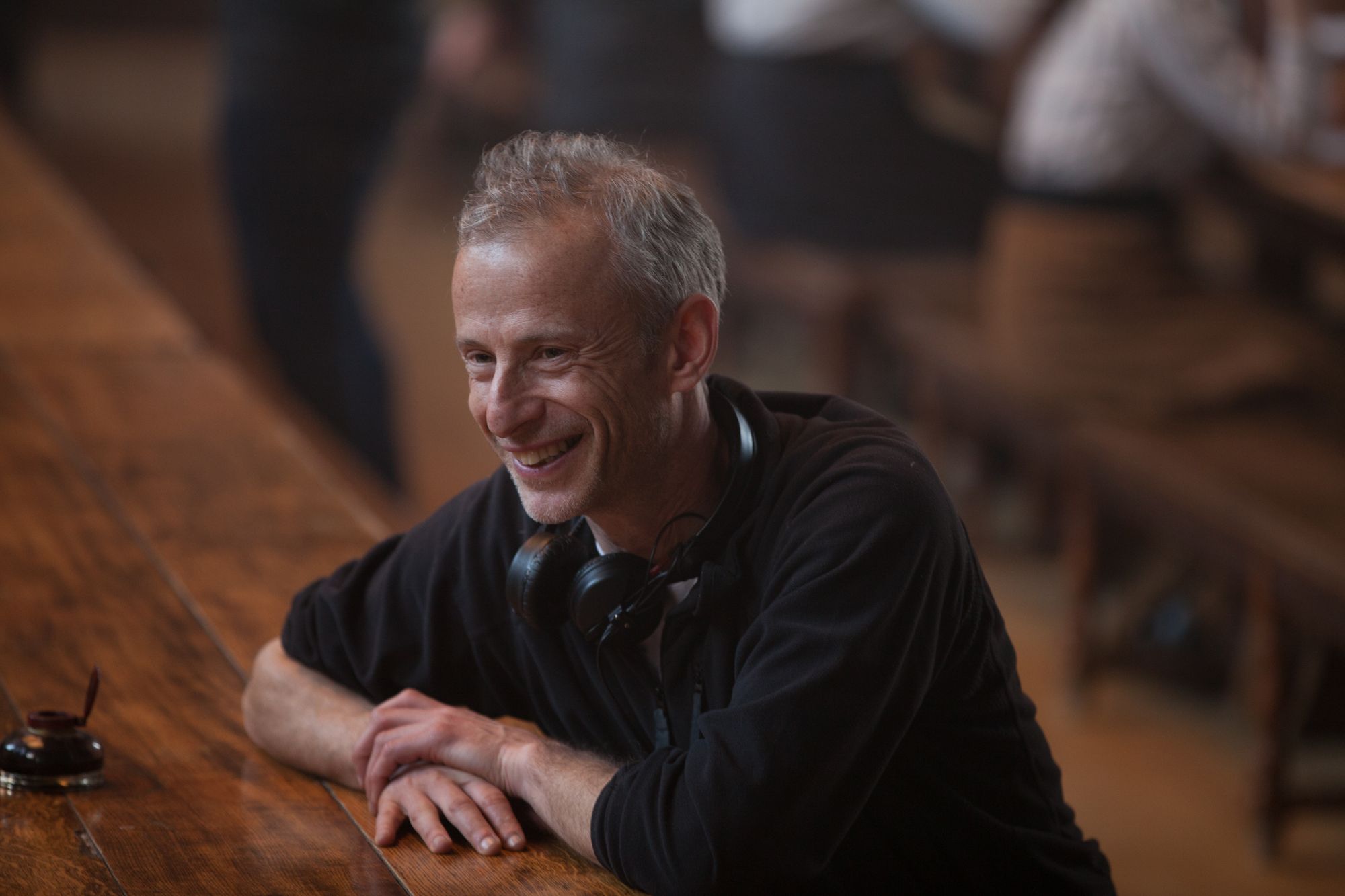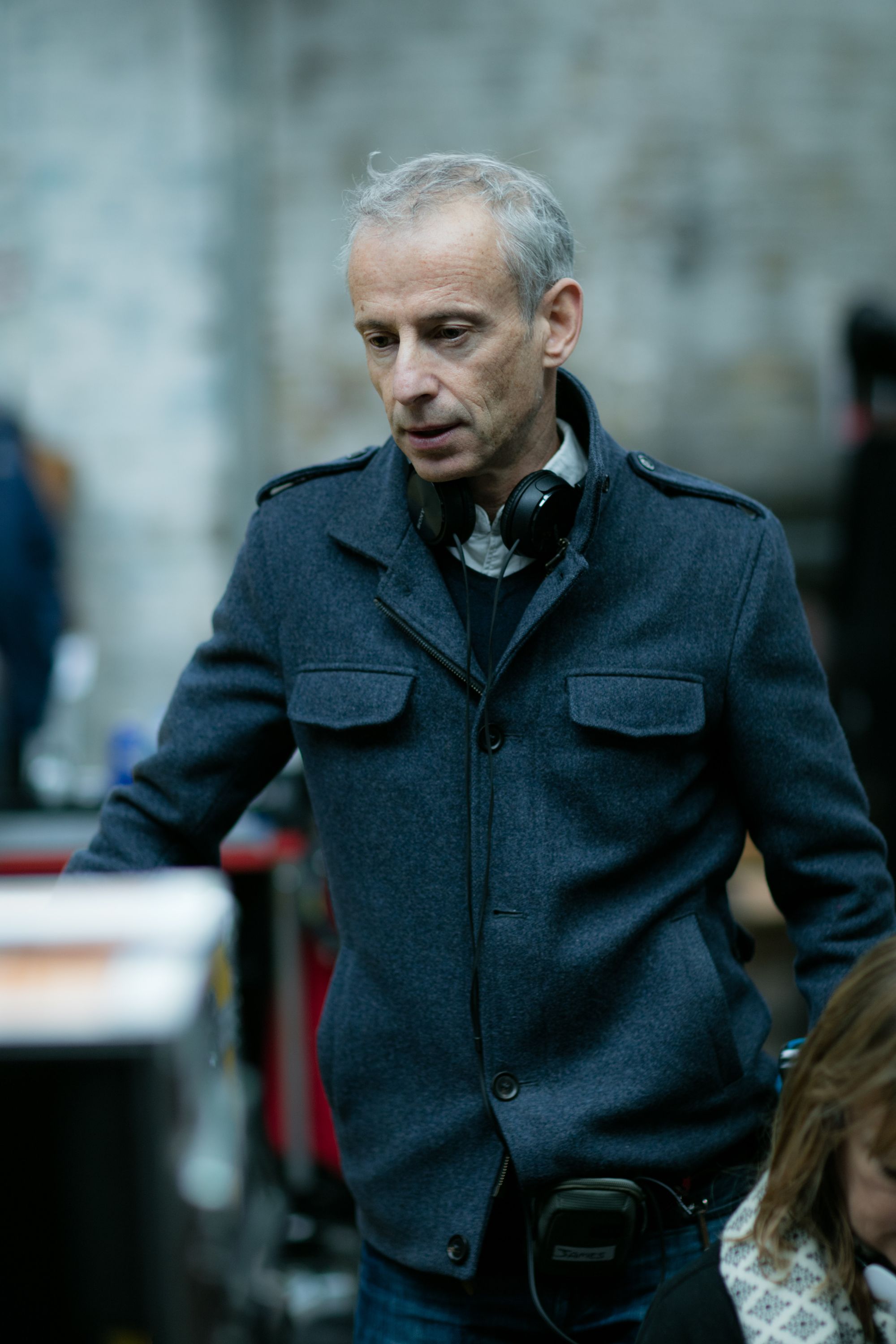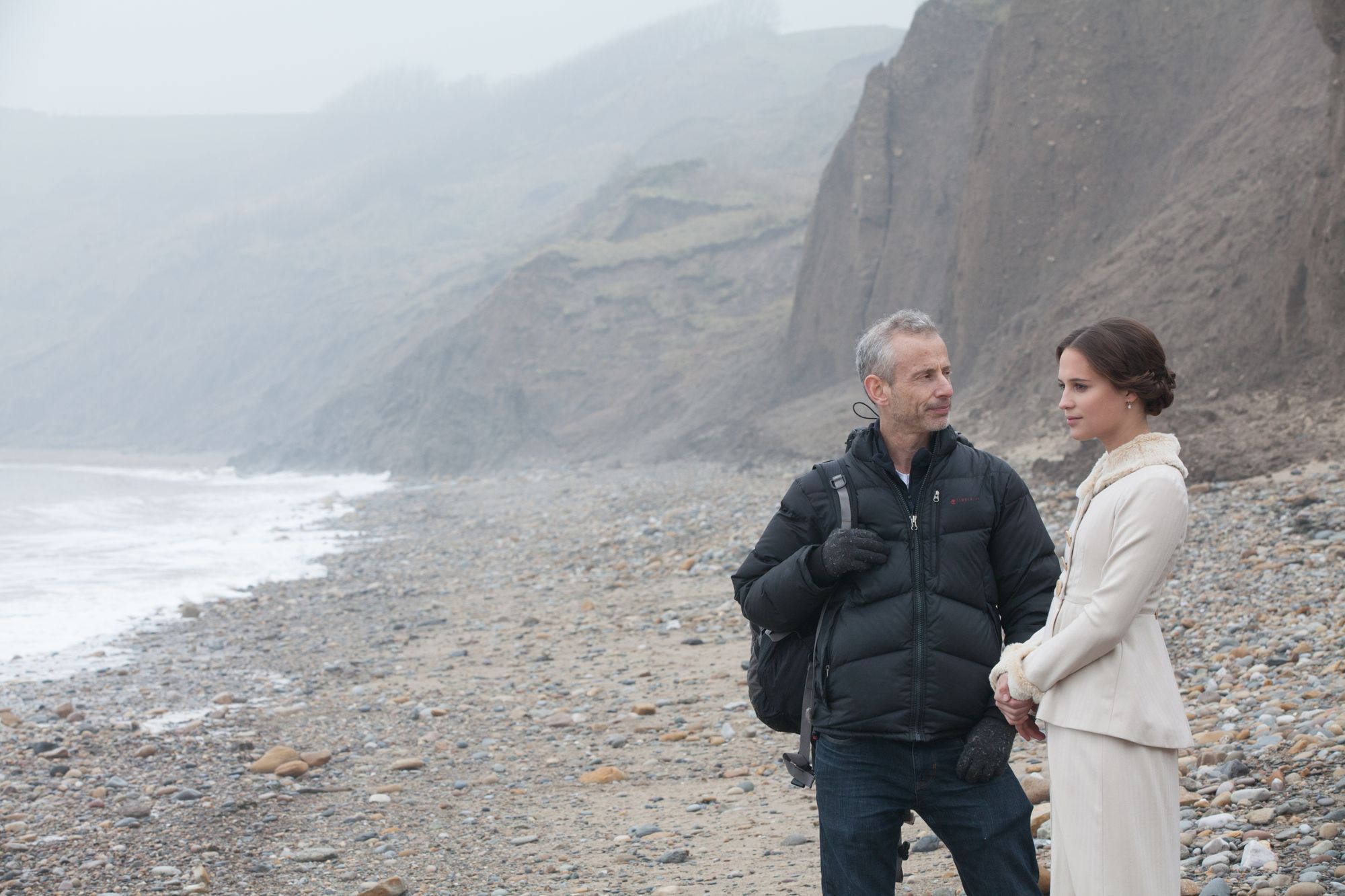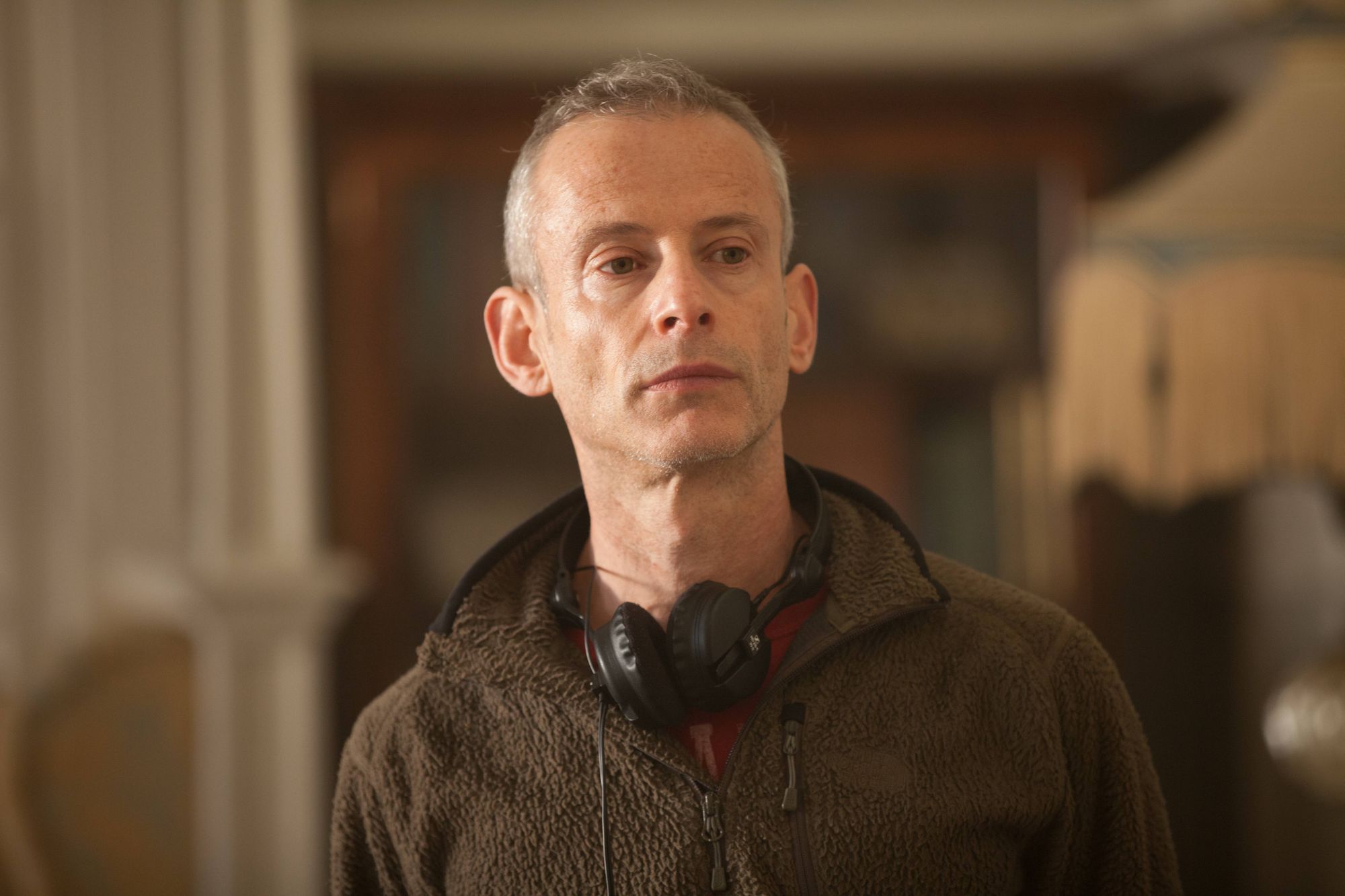The job (description) of a film director featuring James Kent & Josh Cawthorn
Rent film gear from local filmmakers.

Rent film gear from local filmmakers.
Film directors…While you might not see them, I assure you – they're there.
What does the film director do?
Film directors probably serve one of the most crucial roles in the filmmaking process. Not only are they the ones shouting "lights, camera, action" and "cut" – I mean, that's a vital, difficult task in itself. A film director controls the film's artistic and dramatic aspects. They direct the film's making by visualising the script while guiding the actors and technical crew to capture the film's vision.
Film directing: A professional's insider tips
Interested in Film directing? Meet your new instructor Josh Cawthorn, who will go through the corners of directing a film in this Masterclass session.
Trailer
0PVGR7V4_p8
Intro
0
TioLKwSYLXc
Prep & shoot
27
Post-production
87
Josh' story
114
Getting started
217
Team
260
Directing style
331
Skills needed
384
Inspiration
481
Interesting projects
547
Worst moments
629
The future
686
Meet Your Instructor
lHgnXUVQQlY
What you’ll learn
What a Film director does.
The importance of a storyboard.
The importance of networking.
The importance of a showreel.
The importance of confidence.
Why it's key to build relationships.
A film director needs to make sure everything goes well from the beginning till the end – the prep, production, the actual filmmaking, and the post-production. A film director's job description entails participation in nearly every phase of the filmmaking process.
"A film director needs ambition; they need a visual eye, watch a lot, and notice a lot in terms of other people's work."
As the director ultimately is the one in charge of the film's final product, it goes without saying that a film director's duties are many.
But what does a film director do during every step of the production process, and how to become one?
We had James Kent, the director of Testament of Youth and The Aftermath, break down what happens behind the screen during each phase of the filmmaking process.

Further below, you can read more about:
1. What does a film director do?
- Preproduction
- Production
- Post-production
2. How to become a film director?
3. Tips for aspiring directors
Pre-production
According to James, directing is so much more than "just" filming.
"There's prep, which includes casting – probably the most important thing you'll ever do as a director finding the actor who suits the role. Finding locations, hiring heads of department, camera production, design, scripting, working with a writer, and getting everything ready for the first day of shooting."
Casting choices
Filmmaking isn't just about what happens behind the camera; it's about what or who happens in front of the camera. Of course, I'm referring to actors, I know – who would have thought they played a role in this?
Filmmaking is a pretty flexible and fast-changing environment; however, we're dealing with a bit more rigid concept when it comes to casting. When you're casting the actors best suited to fit the story, the director and producer will typically hone in some "selects". From there, the hunger-audition begins – and may the odds be ever in your favor.
Before you make any casting choices, remember to scout for those actors who best understand the story you're telling. The actors you choose for the part need to be someone who has the ability and is willing to be flexible and collaborate with you.
Script review
While some directors write the script themselves, others will have writers do it. Nonetheless, it is still the film director's job to walk through the entire draft during preproduction and decide how much and what parts will need a rewrite or revision. Piece of advice, the script might seem like it is perfectly written, but it will undoubtedly need some rewrite now and then.
Assemble department heads
The film director might be the person in charge, but rest assure they are not working alone. Many people are involved in the filmmaking process, including a cinematographer, line producer, production designer, location manager and assistant director.
The cinematographer is one you'll need to take into special consideration. These will have a significant impact on the final look and feel of the film. Find out much more about what a cinematographer is and what they're duties are.
Once you've gathered all your department heads, it's the film director's job to communicate their vision to the different departments. What you need to remember is that your vision will affect every department differently. Let's say you want one of the characters to feel isolated; that affects lens choice, lighting and music. So, a film director needs to speak every department's language to communicate what you need from each of them successfully.
"Throughout the entire process, there'll be other people entering the process who will have a different vision than the one you have. So, the production designer may not quite have the same view of the script as you do. The actor may not, the cinematographer may not, the editor may not…
A director needs to be able to adapt and incorporate new ideas as they are coming. In the end, clarity of vision and focus on what you want to say will mean that the audience understands and can relate to the film. So, don't lose confidence in the process."
Gear up
Hardly surprising – you'll need gear.
It's the film director and cinematographer who decides what kind of equipment you'll need for the film and then set that aside in the budget. While RED cameras can be best for some purposed, others will require a more flexible solution, such as the GoPro HERO 9. Either way that is something for the director to figure out.
All in all, not that easy a task. Do you feel up for it?

Production
As James points out himself, the shooting part can be incredibly stressful. One major factor in this – money. While everything in the preproduction takes time and entails multiple tasks, production is where the money is spent.
"It's about being prepared every day. Having that authority, knowing where you can compromise if you have to, handling the actors, handling the crew… That's the shoot."
With that in mind, let's dive into a film director's duties during production.
Direct the actors
As the director, it's your job to communicate your vision and how you see the actors unfolding it. You need to shape their performance, discover how the actors like to work, and then adjust accordingly to bring out the best performance.
Bonus tip: Even actors can need a boost of confidence. Who would have thought Leonardo DiCaprio needs a pad on the shoulder? So, give them positive but specific notes after each take to make sure you're on the same page and have the same vision for the character.
Keep the story alive
As head of the filmmaking food chain, you need to check in with every department. That everyone is doing their job – to bring the film to life. This is also an excellent way to ensure everyone, from the Director of Photography to the actors, understands your vision.
I'll bring up a scenario – then you decide whether that would have made a difference if the actor and director weren't aligned.
Deadpool.
Remember, red latex suit and a rather raunchy personality? Imagine Wade Wilson as a serious, always-doing-the-right-thing, hallelujah-praising kind of hero. Are we thinking of Deadpool or Captain America? The point is, if the film director had envisioned a more smoldering protagonist, Deadpool just wouldn't have been the same.
Postproduction
Post-production is the most relaxed part of the production as your editor will do quite a lot of the heavy lifting. The film director will look, comment and think about music.
So, let's explore what it means to be involved in the post-production process.
Work with editors
The director may provide notes to the editors and will often take an active part in this process. The film director will review the cuts, break down the footage, and find the shot, angles, and takes that add the most meaning.
"The editor is critical. An editor can turn an average script into a good script, a good script into an excellent script. What they can't do is rescue a bad script."
Work with sound department
Once the editing process is finished, the sound design can begin. In this part of the filmmaking process, the sound design department created and mixes the sound while the director sits on the sideline and provides feedback.
Give the final approval
It may be scary, but you've come to the part where you'll need to signoff the movie to the big screen. As the director, you have the final say, and therefore it's up to you to determine when the film is finished.

How to become a film director?
It seems like everyone has a different story. Some directors come from school, and some are from the school of life.
Becoming a film director isn't one way or the highway. There are multiple roads and pathways to get there. So, we had a seasoned film director, James Kent, tell his story of becoming a film director.
Many Hollywood directors have a directing degree from an accredited directing program in New York City or Los Angeles. However, getting a degree isn't necessarily a must-have:
"I didn't study at a film school. Straight from Oxford University, I went into BBC – it has this great training for news journalists. I was a reporter on TV for four or five years. But with news, every day, you have to start again; you don't end up with anything you've made."
To get paid the big bucks, you'll also need to gain experience directing projects.
"A good life lesson: never turn an opportunity down; you don't know where it's going to lead you."
Once your work starts gaining attention, you can be more selective with the projects you want to work on. Perhaps, even land an agent to help you find those more prominent and better opportunities.
Many directors will start by working on a film set as an intern or a PA – networking and gaining experience in the industry. James learned the ropes of directing through the world of documentary:
"After that, I got an agent to represent me. In the end, I sort of drifted away from documentaries and more into drama, and you even have to go back a few steps to go forward. So, I did some TV soaps. I was doing big documentaries before this. Drama is very hierarchical; you have to do air miles like air pilots have to do miles to get a certificate. You just do it because you have to, and you still learn."
Suppose you're already film-industry savvy. In that case, the transition into directing doesn't have that steep learning curve as you've already learned what makes a good director from working closely with and observing others for years.
Although James himself chose not to attend film school, attending film school can make a big difference in becoming a great technical director. You get access to a network of like-minded people and professionals and access to gear and equipment. Filmmaking is not an easy craft, and film school can give you a competitive advantage or help you find your style and maybe even yourself.
However, working in different capacities on-set, gaining more experience directing can prepare you to become a better film director. Read more about how to become a filmmaker without film school.
Get inspired
Of course, there are other ways to learn the traits of directing, one of them: learning from some of the greats.
"There are some directors like Ridley Scott or Christopher Nolan, where they make great film after film. Christopher Nolan never makes a bad film.
Some directors go from one grade film to another, and you just think that's a real David Fincher; they know how to create. Chemistry. That's a gift.”
Watching movies from directors such as Christopher Nolan or David Fincher is a great way to educate yourself in what cinematography techniques and storytelling elements they used.
The best part of this? Well, first of all, it's free. Secondly, by learning which mise en scene elements each shot have used, you can analyse and depict everything apart to better understand the language of film.

James Kent's 4 best tips for aspiring directors
As a seasoned film director, James Kent shares some of his top learning points.
Keep exploring
"Find your luck… and also realise that you never stop defining your vision. When you start, people say, make a lot of shorts – make 10 shorts, and then you'll make a good one. And it's the same with TV series, and maybe none of them will be that great, and then the ninth will be Madmen. The ninth will be Breaking Bad or Killing Eve – it will be the one to make your name."
For any aspiring film director, work experience is better than any wishful thinking. In other words, get out there and get to work, instead of waiting for the right opportunity to show up – You'll be waiting a lot of time in that case.
"Learn your mistakes in the field. Better to make mistakes on something not great than destroying something that could have been really great."
Take inspiration from anywhere
"Love the field, watch lots of movies, be inspired. Don't be jealous of other people's success, and don't lose belief in yourself. Be calm, decisive, precise and confident – at least look confident even if you're nervous on the inside."
Remember in an aircraft, when there's a lot of turbulence, so you turn to the flight attendants to see how they are reacting? If they're calm, you know you'll be fine, but if they are running around like a chicken without a head – you know something is about to go down (presumably the aircraft).
Despite being new and feeling insecure – you want to give that impression of flight attendant confidence. You don't want actors to feel you have no idea what you're doing or producers wondering if they hired the right person.
It's all about the script and performance
The film is about script and performance, never forget those two things, how you cast, and what they say. So, be on top of your casting and your script and everything else should go fine. If you prepared everything in preproduction, you're still on the way – so, keep calm and start filming.
Use rehearsal wisely
When you're in prep, you don't have a clock saying you got to finish. That's when you're preparing the film, script and casting. And don't forget rehearsal time – rehearsal means saving time on set, which means money saved (Cha-ching!).
More rehearsal – less miscommunication and misunderstandings on set. You get more time to do more takes; you won't drop shots, you won't compromise a lot. You'll feel less stressed, and every day you'll finish on time.
Did you catch all that?
Rehearsal is key. Whether you're just starting as a film director or already a pro – rehearsal is crucial to catch those little mistakes before you start rolling the camera.
Get familiar with film language
Even though professional departments heads surround you, you still need to communicate in specific terms what it is you want.
Get to know all the camera angles, shots, movement and more that every filmmaker needs to know.
Or, get an overview of the filmmaking process.
About the instructor
Josh Cawthorn
Film Director
London, United Kingdom
Josh Cawthorn is not only a film director, but a freelance video director and editor, producer, and DOP.






















